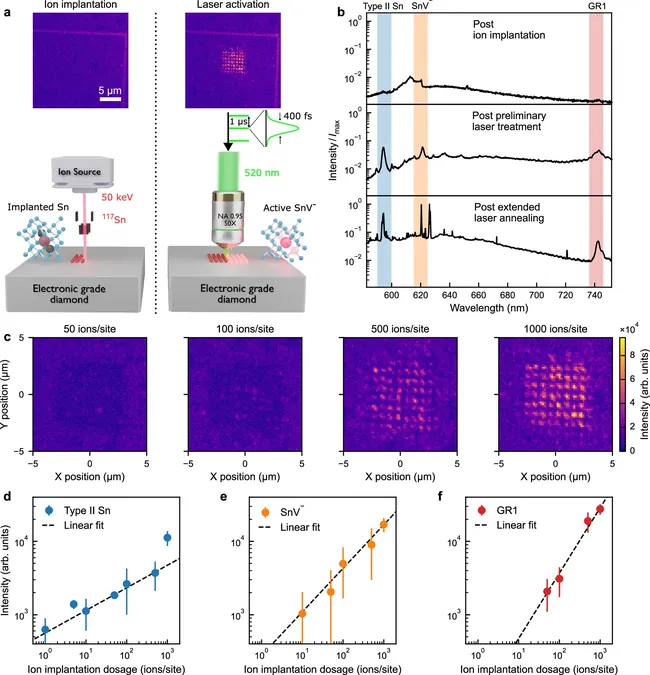
Unveiling the Risks: Breast Cancer After Breast Augmentation - A Groundbreaking Study
2025-05-07
Author: Li
The Surprising Intersection of Breast Augmentation and Cancer
Breast augmentation tops the charts as the most performed cosmetic surgery globally, but new research brings a shocking revelation: how does this popular procedure impact breast cancer treatment? Managing breast cancer in women with implants poses unique challenges, including dealing with the native breast tissue, the implants themselves, and ensuring effective radiotherapy. This study shines a light on this often-overlooked issue, aiming to set benchmarks against current UK medical practices.
Key Insights from a Major Collaborative Study
Conducted across 24 UK centers, this extensive study examined the management of invasive breast cancer and ductal carcinoma in situ among women with preexisting breast implants from January 2012 to January 2024. The researchers meticulously gathered clinicopathological data, assessing everything from surgery types to complications and follow-up treatments.
A Closer Look at the Patient Data
The study analyzed data from 212 women, with a median age of 51. A significant 83.5% of these women presented symptoms, while 14.2% were diagnosed through regular screening. Notably, 67.5% underwent breast-conserving surgeries; however, 19.6% required additional margin reexcision, and 2.8% had to proceed to a completion mastectomy. Among those opting for breast-conserving procedures, an impressive 75.5% either kept or exchanged their implants, and 77.6% did not experience any manipulation of the implant capsule.
Adjuvant Treatments and Complications: The Stats Matter!
Radiotherapy is a common follow-up, with 93% of those who had breast-conserving surgeries receiving it. Meanwhile, 34.4% underwent mastectomy, with over half (53%) opting for reconstruction, predominantly using implants. Interestingly, the complications associated with implants and capsules in the mastectomy group were found to be on par or even lower than those reported in other national studies.
What Does This Mean for Future Surgical Practices?
This groundbreaking research represents the largest documented case series for breast cancer patients with prior cosmetic augmentation ever reported globally. The findings reveal that while surgical management is varied, breast-conserving surgery success rates align with national standards, although they may be elevated in T2 tumor cases. Moreover, prior cosmetic work appears to protect patients against implant-related complications, promising a silver lining for those affected.



 Brasil (PT)
Brasil (PT)
 Canada (EN)
Canada (EN)
 Chile (ES)
Chile (ES)
 Česko (CS)
Česko (CS)
 대한민국 (KO)
대한민국 (KO)
 España (ES)
España (ES)
 France (FR)
France (FR)
 Hong Kong (EN)
Hong Kong (EN)
 Italia (IT)
Italia (IT)
 日本 (JA)
日本 (JA)
 Magyarország (HU)
Magyarország (HU)
 Norge (NO)
Norge (NO)
 Polska (PL)
Polska (PL)
 Schweiz (DE)
Schweiz (DE)
 Singapore (EN)
Singapore (EN)
 Sverige (SV)
Sverige (SV)
 Suomi (FI)
Suomi (FI)
 Türkiye (TR)
Türkiye (TR)
 الإمارات العربية المتحدة (AR)
الإمارات العربية المتحدة (AR)